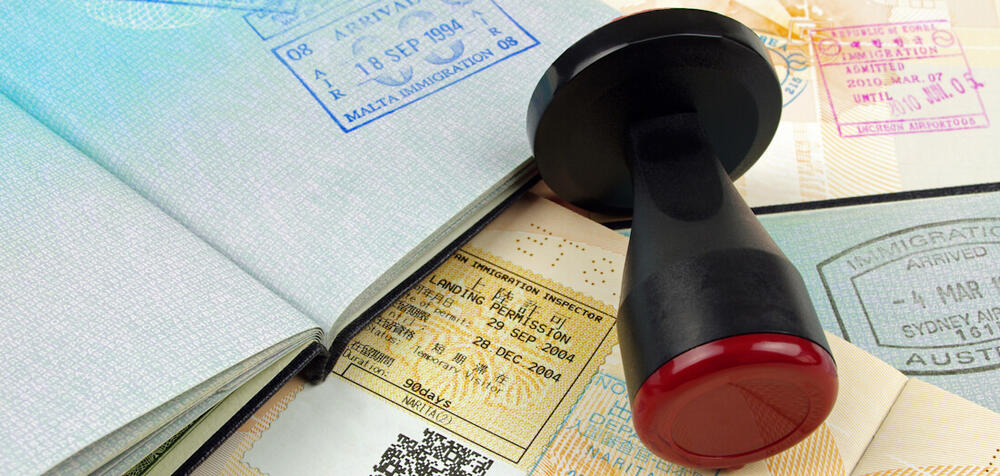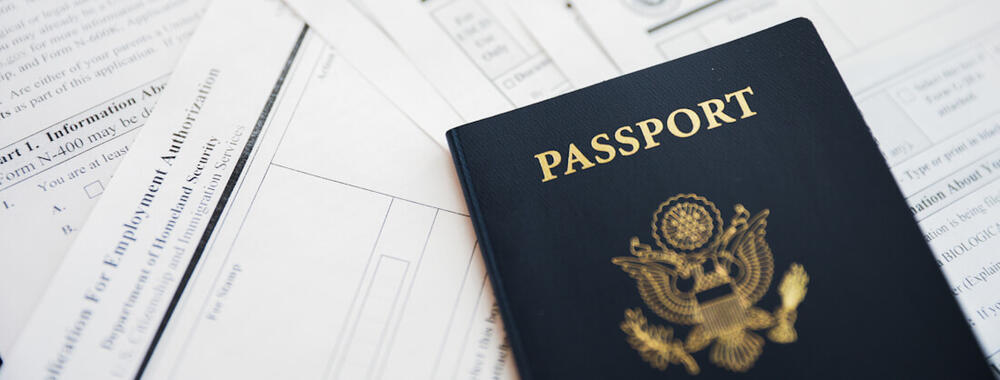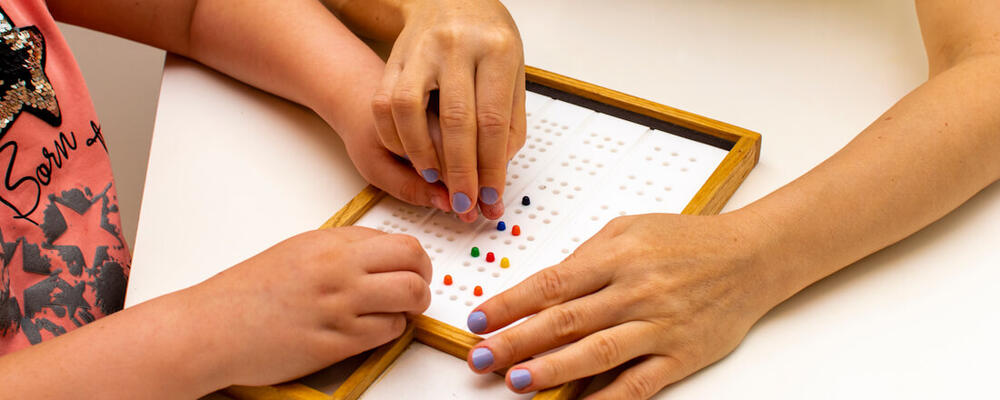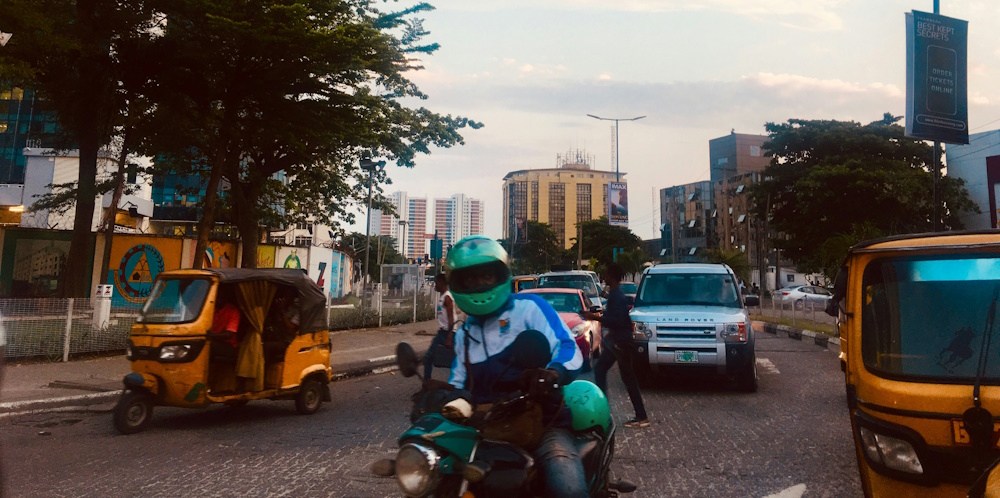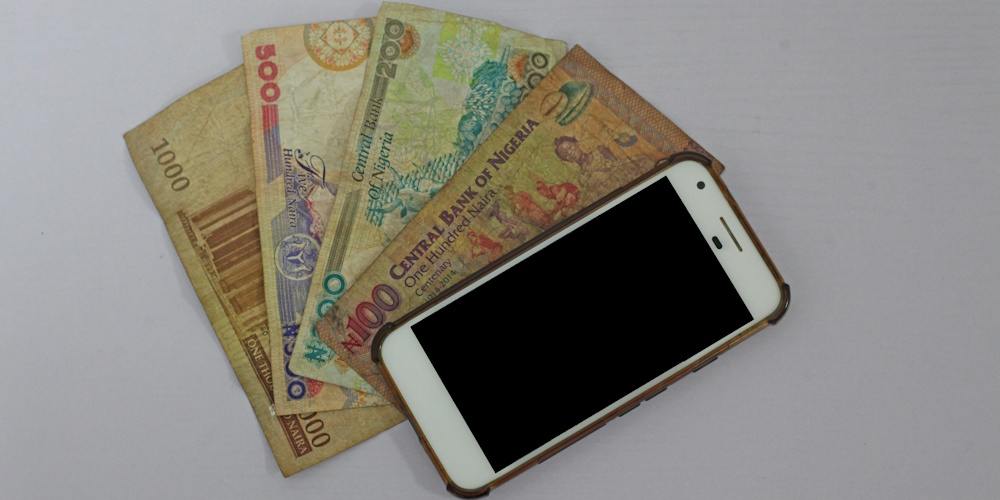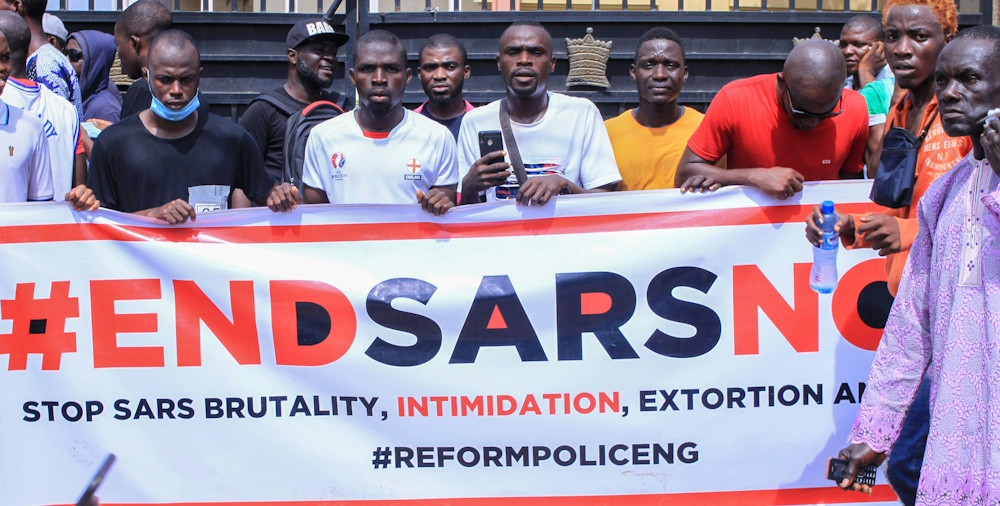Finding a home away from home in Nigeria can either be a breeze if your employer handles it or a real challenge if you’re doing it alone. The housing situation here is tough, with demand far outstripping supply, especially when it comes to quality accommodation. If you’re looking to rent a bungalow, duplex, or apartment that matches Western standards, you’ll quickly find that prices can be sky-high, often beyond what many professionals can comfortably afford.
Buying land in Nigeria has its own hurdles, particularly for foreign buyers. You’ll need consent from the State Governor for property titles and rights, and there are hefty fees and a complex process involved. If you’re serious about purchasing property here, it’s essential to work with both a real-estate agent and a lawyer to navigate the details.
Given these challenges, most people, especially expats, choose to rent accommodation – some of which can be quite lavish.
Types of accommodation in Nigeria
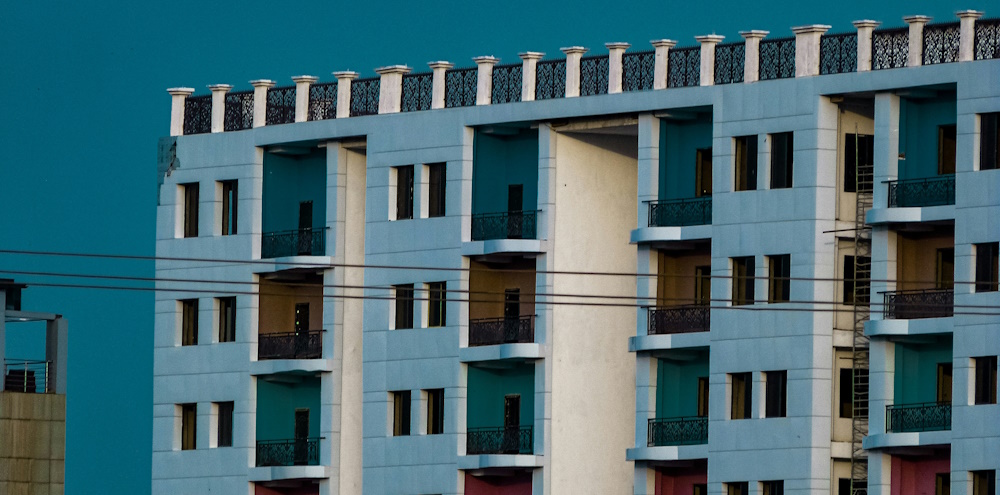
Accommodation in Nigeria is typically concentrated in certain areas or suburbs, often within company compounds, apartment blocks, or pre-established private housing complexes. Compounds and gated communities tend to offer plenty of perks, including 24-hour security, wireless internet, and amenities like tennis courts, swimming pools, and domestic help.
If you’re fortunate enough to secure a place in the luxurious areas of Victoria Island or Ikoyi in Lagos, or Maitama, Asokoro, or Wuse in Abuja, you’ll find that safety is well managed through solid security measures. While living in these gated communities might feel a bit secluded, there’s a sense of comfort in the close-knit expat community you’ll find there.
Housing in Nigeria can be impressively spacious and beautifully designed, but it’s hard to ignore the wealth gap, particularly in the surrounding neighbourhoods. The majority of the population, especially low-income earners, continue to struggle with a housing shortage that only widens the gap.
Furnished vs unfurnished
When looking for a place to live, you’ll find a mix of fully furnished, semi-furnished, and completely unfurnished housing options. If your employer provides housing, it’s likely to be fully furnished, so while shipping goods to Nigeria is possible, you may not need to bring much.
Furnished housing has evolved, with serviced apartments becoming popular for short-term residents. These offer hotel-like services, while co-living spaces are gaining traction with younger professionals, combining private living with shared amenities and a community feel.
Short lets
If you’re staying in Nigeria for a short period, the short-let market is worth exploring. With increased business travel and tourism, demand for short-term rentals has surged. Online platforms make finding these properties much easier, and they often come with high-end amenities and smart home features, appealing to tech-savvy professionals.
Although regulations around short-term accommodation are still evolving, some local governments have started introducing registration guidelines for these properties. For now, enforcement remains patchy.
Useful links
Finding accommodation in Nigeria

If you’re working in Nigeria, many companies not only finance your accommodation but also take care of the entire leasing process. In some cases, companies own properties specifically for their foreign staff. This is typical in major cities like Abuja and Lagos and oil-rich areas such as Port Harcourt, which are seeing a growing demand for corporate housing.
Corporate housing options are expanding beyond Lagos and Abuja. Cities like Port Harcourt, known for its oil industry, have seen a boom in corporate housing and serviced apartments catering to expats and business travellers. Other cities, such as Ibadan and Enugu, are also growing in popularity for their increasingly healthy housing markets, with more short-term rentals and serviced accommodation popping up to meet demand.
Before moving, have a housing provision clearly stated in your employment contract. This is standard practice for expats, and you should insist that your employer supports you in securing suitable housing. Without this, you might find yourself having to figure out a tough market solo.
When you first arrive in Nigeria, it’s common to be placed in a hotel while you look for longer-term accommodation. Luxury and international hotels are plentiful, but the costs can add up quickly if you’re footing the bill yourself.
To start your accommodation search, online property portals are a great resource. Platforms such as PropertyPro.ng, PrivateProperty.com.ng, and Lamudi provide extensive listings of homes, apartments, and even serviced accommodations. These sites allow you to filter by location, property type, and price, making it easier to find a place that suits your needs. They also verify agents to help avoid the risk of dodgy listings.
If you prefer a hands-on approach, working with a real-estate agent or a relocation company can simplify the process. These professionals can guide you through local property laws, negotiate leases, and ensure you settle in without hassle.
Useful links
Renting accommodation in Nigeria
If you have to organise your rental yourself without help from your employer, there are several things to consider. Renting in Nigeria can be tricky, especially if you’re unfamiliar with the local rental process. Knowing what to expect and what’s required will make things much smoother.
Making an application
When applying to rent accommodation in Nigeria, you’ll need to provide certain documents to strengthen your application. Typically, landlords ask for:
- Valid identification, such as a government-issued ID, driver’s licence, or international passport.
- Proof of income, which can include recent payslips or bank statements to show you can afford the rent.
- Letter of employment from your employer confirming your job and salary details.
- Rental application form, where you’ll share personal information and rental history.
- Guarantor form, which may be required if your income is unstable. A guarantor essentially co-signs the lease, taking on financial responsibility if you can’t pay.
It’s best to have these documents ready to avoid delays when applying for your chosen property.
Leases, costs and fees
Landlords typically require tenants to sign a minimum of a 12-month lease, but this can go up to three years. If you’re staying for a shorter period, you may need to negotiate the terms or look for short-term rentals. Long-term leases must be registered at the State Land Registry, especially those lasting more than three years. It’s advisable to work with a legal professional to ensure everything is in order.
One of the most challenging aspects of renting accommodation in Nigeria is dealing with the upfront costs. Landlords often require hefty security deposits, sometimes demanding one or even two years’ rent upfront rather than allowing monthly payments. This can make it difficult to manage rent, particularly if you’re not used to such high demands.
To navigate this, some tenants try to negotiate with their landlords for a lower deposit or a flexible payment plan. The Lagos State government is working on a monthly rental scheme, which could make rent payments more manageable. If paying a large sum upfront isn’t feasible, consider alternatives like co-living spaces or sharing accommodation with roommates to help lower your costs.
Terminating the lease
Terminating a lease in Nigeria largely depends on the specifics of your lease agreement and local tenancy laws. In Lagos, for instance, standard notice periods are six months for yearly tenancies, three months for quarterly or half-year tenancies, and one month for monthly arrangements.
Breaking a lease early can come with penalties – often involving the forfeiture of your security deposit or having to continue paying rent until a new tenant is found. However, landlords may be more flexible with corporate tenants or expats, especially if you’re able to assist in finding a replacement tenant or cover re-letting costs.
If you’re renting a furnished property, expect stricter conditions on the return of furnishings and potentially higher security deposits. To avoid any surprises, ensure you understand the terms of your lease thoroughly and consider involving a legal professional if needed.
Utilities in Nigeria
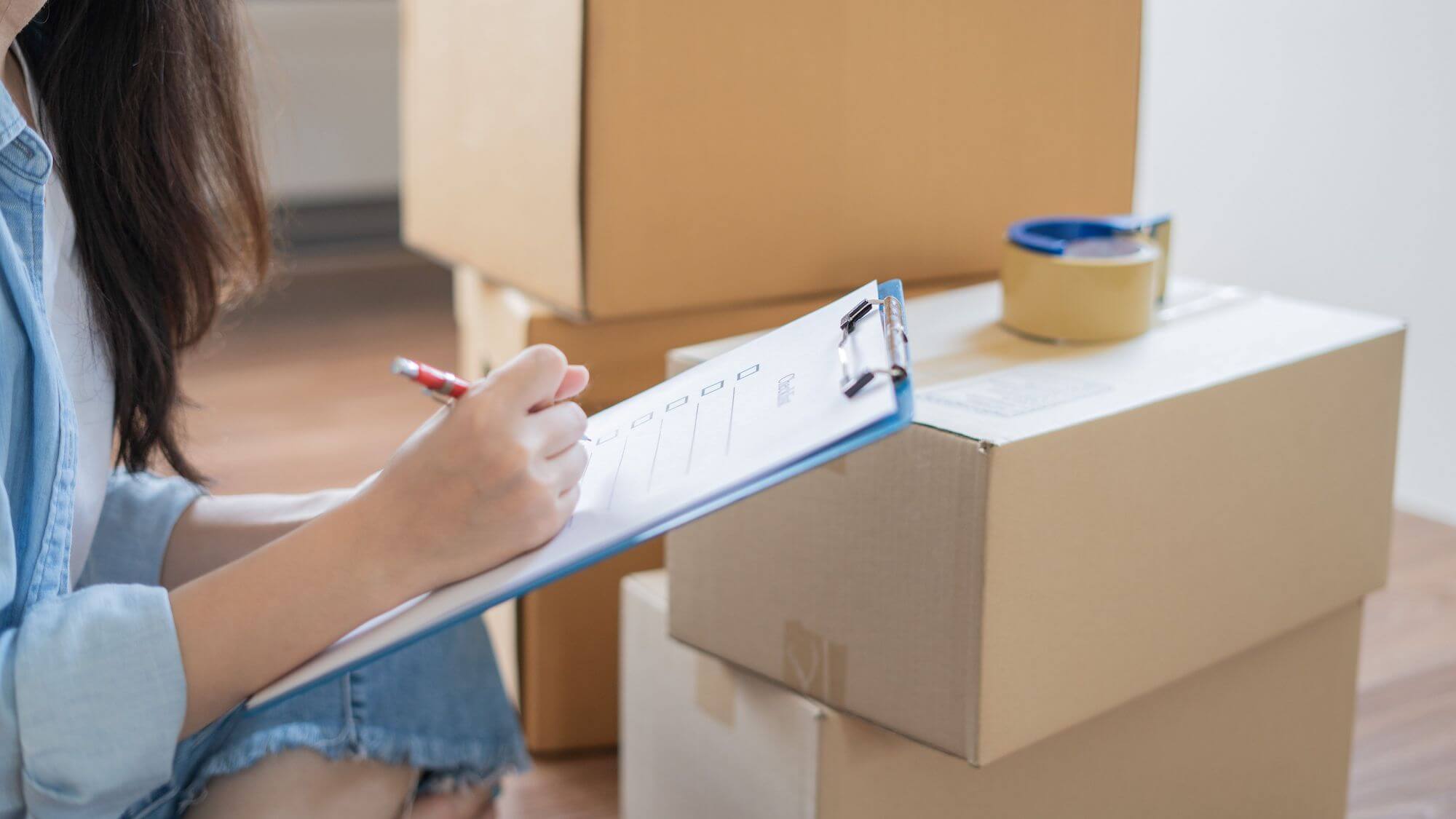
Rental agreements will state whether you or the landlord are responsible for paying utilities. Utility costs, including electricity, internet, and water, are often paid by the tenants. Note that Nigeria struggles with temperamental power and water supplies. Boreholes and generators are a must. Otherwise, you can expect blackouts with little or no warning. Running a generator can be pricey and considerably adds to the cost of living.
Electricity
Electricity in Nigeria can be a bit of a rollercoaster, especially if you’re used to reliable power in other countries. Power outages are frequent, even in major cities like Lagos and Abuja. Although the high fuel cost can make this an expensive solution, many residents rely on generators to keep the lights on during blackouts.
Nigeria operates on a standard voltage of 230V and 50Hz, with plugs being either the Type D (three round pins) or Type G (three flat pins). If your devices aren’t compatible, you’ll need a voltage converter and an adapter to keep everything running smoothly.
When setting up electricity in your new home, you’ll need to contact the local electricity distribution company (DisCo) for your area. Be ready with documents like your tenancy agreement or proof of ownership, a valid ID, and a passport-sized photograph. There are 11 DisCos operating in different regions of Nigeria, so you don’t get to choose your provider. Your electricity supply will depend on the DisCo assigned to your area.
Once the DisCo completes an inspection and provides an estimate, they’ll install a prepaid meter for you. You’ll purchase electricity credits through various options: online, through mobile apps, or in person at payment centres.
Gas
In Nigeria, gas is primarily supplied in two forms: bottled liquefied petroleum gas (LPG) and piped gas. Most households rely on bottled gas, especially in areas where piped gas infrastructure isn’t fully developed. Cities like Lagos and Abuja have some access to piped natural gas, but availability can vary significantly depending on your location.
Bottled gas is the most common option for homes. You can buy or rent gas cylinders, and many suppliers offer convenient delivery services. It’s simple enough to order a refill when running low; just contact a local supplier or distributor. Major companies like Nipco Gas, Matrix Energy, and Axxela Limited are well-known for their reliable supply.
Piped Gas is available in certain urban areas. If you’re moving into a home with piped gas, a professional gas engineer will need to handle the installation to ensure everything meets safety standards. You’ll need to contact a local gas company to set it up, and regular inspections are essential to ensure that there are no leaks.
Water
Water in Nigeria is a mixed bag regarding reliability and safety. Tap water, especially in urban areas, is generally not considered safe to drink without treatment. Most people prefer to stick to bottled or filtered water to avoid any health risks. While boiling or using chemical treatments can make tap water safer, bottled water is readily available and trusted by many expats and locals alike.
There are two main options when setting up a water supply for your home. Some urban areas are connected to a municipal water system managed by state water corporations, but reliability can be an issue. Many households opt to drill their own boreholes, which provide access to groundwater. Boreholes are a common solution in both urban and rural areas, ensuring a more consistent water supply.
Paying for water is simple enough. If you’re connected to a municipal supply, you’ll likely receive a monthly water bill. In some areas, you can pay in person at designated offices or via online platforms that accept bank transfers or mobile payments.
The reliability of the water supply can be hit or miss. In cities like Lagos and Abuja, interruptions are common, forcing residents to rely on alternative sources such as boreholes or private water vendors. Backup solutions are essential, and many households invest in water storage tanks to get through the dry spells.
Bins and recycling
Waste management in Nigeria can be quite varied depending on where you live. In major cities like Lagos, household waste collection typically happens once or twice a week, but the service can be inconsistent. The Lagos State Waste Management Authority (LAWMA) is working hard to improve the system, but challenges like funding shortfalls and lack of public awareness still persist.
Recycling in Nigeria is sometimes available but far from widespread. Lagos has introduced initiatives such as the Lagos Recycle Initiative, aiming to boost recycling rates. Unfortunately, less than 20 percent of waste is recycled through formal systems.
When it comes to bins, don’t be surprised if you’re not provided with separate containers for waste and recyclables. The Blue Box Initiative in Lagos encourages households to separate their waste, but uptake has been slow. If you’re moving into a rental, you should check with your landlord if any formal waste management system is in place.
Paying for waste collection can differ based on where you live. In some areas, fees are bundled into your other utility bills. Elsewhere, you might need to make separate payments at local offices or through online platforms, where available. There’s talk of introducing a ‘pay-as-you-throw’ system where you pay based on the amount of waste you generate, but it’s not yet widely implemented.
Internet
The internet in Nigeria has come a long way, especially in major cities like Lagos and Abuja, where speeds and reliability are improving. While speeds are decent, you might still experience slower connections during peak times or outages due to factors like infrastructure issues or government interventions.
When setting up the internet in your home, the process is straightforward. You’ll need to choose a provider that offers good coverage in your area, which may vary depending on your location. The main documents you’ll need include a valid ID, proof of residence, and the application form from the ISP. A technician will usually come to your property to install the necessary equipment.
Paying for internet services is easy, with most ISPs offering multiple payment options. You can pay online through their websites or apps, set up a direct debit, or use mobile money and bank transfers. The major ISPs in Nigeria include MTN, Airtel, 9mobile, Spectranet, IPNX, and Smile Communications.
Useful links
